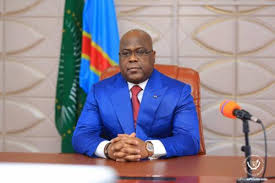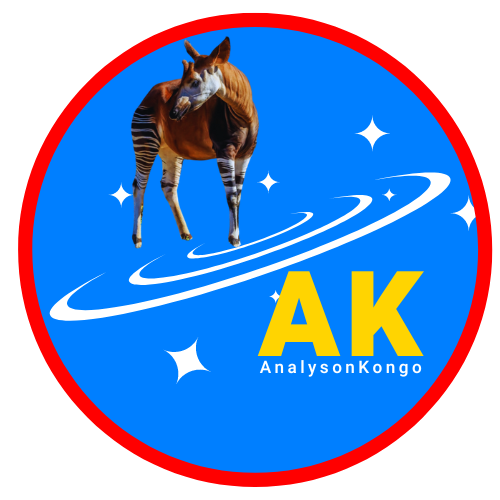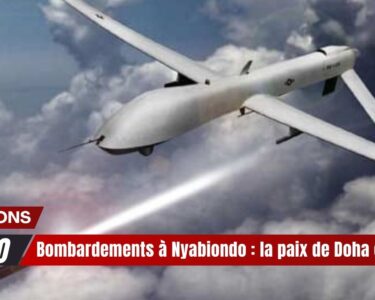
The province of Lualaba, located in the southern Democratic Republic of Congo, is central to the country’s lucrative mining sector, particularly in the extraction of copper and cobalt. Over recent months, reports have highlighted the involvement of Christian Tshisekedi, the younger brother of President Félix Tshisekedi, in negotiations and discreet business dealings in this mining hub. While Christian Tshisekedi does not officially hold a known position within the Congolese government or mining firms, his name consistently surfaces in discussions around key business negotiations in Lualaba.
Key Business and Political Interests
Christian Tshisekedi chairs the board of Weza Investment, a company heavily involved in negotiations with Eurasian Resources Group (ERG), a major player in the region’s mining industry. ERG, which has faced operational suspensions due to environmental violations and accusations related to the death of a worker, operates in the area through its subsidiary, Boss Mining, in collaboration with Gécamines, the state mining company. The suspension of Boss Mining’s activities, however, opened the door for artisanal miners, with some alleging that these miners operate on behalf of the presidential family.
The involvement of Christian Tshisekedi, alongside his brother Thierry, suggests the influence of the Tshisekedi family extends into the lucrative mining sector, despite no official acknowledgment of their roles. Their activities, while unofficial, raise important questions about transparency, governance, and potential conflicts of interest. Furthermore, the appointment of Thierry Katembwe Mbala, a close associate, to lead the strategic supervision of Kinshasa’s urban expansion project hints at the broader reach of this network.
The Strained Relationship with ERG
ERG has struggled to manage its assets in the DRC, particularly after the suspension of Boss Mining’s activities. While the suspension was lifted in June 2024, the concession remains occupied by artisanal miners, reportedly under the protection of certain factions of the Congolese army and the Republican Guard. This highlights the power dynamics at play between international mining companies and domestic political interests. ERG’s attempt to restore control over its operations through its local subcontractor, MSL, has faced resistance, with Weza Investment aiming to replace MSL as the intermediary. However, MSL’s head, Sergey Steshenko, has demanded millions in compensation, complicating the situation further.
Economic Impact and National Losses
The protracted suspension of Boss Mining’s activities and the instability caused by artisanal miners have dealt a blow to the local and national economy. The inability to resume formal mining operations has led to significant revenue losses for the Congolese state. The emergence of Weza Investment as a potential mediator underscores the importance of local business elites in shaping mining policies, albeit in an opaque manner. Moreover, the constant presence of security forces protecting artisanal miners linked to influential families suggests deep-rooted issues of governance, favor trading, and exploitation of state resources.
Conclusion
The involvement of Christian Tshisekedi in Lualaba’s mining sector, although informal, raises critical questions about the concentration of power within the Tshisekedi family and the blurred lines between political office and personal business interests. This situation, if not addressed, may lead to further deterioration of trust in public institutions and could harm the country’s efforts to attract responsible foreign investment. As the region remains a crucial global source of copper and cobalt, transparency and better governance are necessary to ensure that mining revenues benefit the Congolese population rather than a select few.
This case also emphasizes the need for clear regulations in the mining sector, especially regarding artisanal miners, environmental protection, and the enforcement of contracts between the government and foreign investors. Only through a transparent and fair process can the DRC unlock its mining potential for national development rather than fostering a culture of secrecy and economic exclusion.


